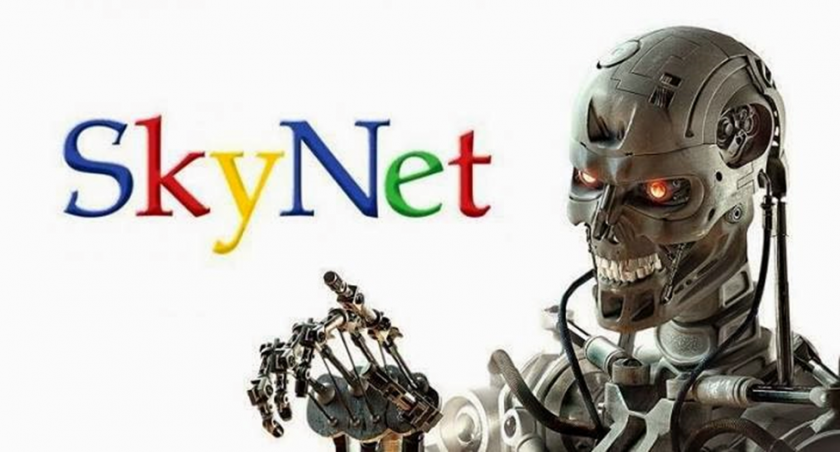On some level, expecting any technology to not be militarized is just unreasonable, no matter what you think about it.
Nuclear power is a miracle, which could provide extremely cheap and efficient energy for the entire world and support a population much larger than the one we have, but nuclear technology can also be used to make very big bombs.
This has been true for every technology, which is pretty much always going to have an application that helps people and one that kills people.
So obviously, any restrictions on AI were eventually going to be removed. What happened with the release of China’s DeepSeek, however, is that the US government stopped being interested in restricting the application of AI, and now understand that they are behind in an arms race.
Google only had restrictions on the use of AI for military application because they wanted to avoid scrutiny by the US government, and now they know there will be no such scrutiny.
RT:
Google has significantly revised its artificial intelligence principles, removing earlier restrictions on using the technology for developing weaponry and surveillance tools. The update, announced on Tuesday, alters the company’s prior stance against applications that could cause “overall harm.”
In 2018, Google established a set of AI principles in response to criticism over its involvement in military endeavors, such as a US Department of Defense project that involved the use of AI to process data and identify targets for combat operations. The original guidelines explicitly stated that Google would not design or deploy AI for use in weapons or technologies that cause or directly facilitate injury to people, or for surveillance that violates internationally accepted norms.
The latest version of Google’s AI principles, however, has scrubbed these points. Instead, Google DeepMind CEO Demis Hassabis and senior executive for technology and society James Manyika have published a new list of the tech giant’s “core tenants” regarding the use of AI. These include a focus on innovation and collaboration and a statement that “democracies should lead in AI development, guided by core values like freedom, equality, and respect for human rights.”
Margaret Mitchell, who had previously co-led Google’s ethical AI team, told Bloomberg the removal of the ‘harm’ clause may suggest that the company will now work on “deploying technology directly that can kill people.”
“Democracies should lead” is the conceit that this is about DeepSeek. As if that wasn’t obvious.
Of course, democracies can’t actually lead anything. Democracies are riddled with niggers and women, and they are utterly corrupt and tyrannical. The only reason democracies have had any success in recent history is that they didn’t have viable competition, because they managed to smother any potential competition in the crib.
They have competition now, in China, and China is going to win, because China is not a democracy, and therefore it is a better country than any democracy. It’s a homogeneous and patriotic state with a very high IQ and a massive population. It has restrictions on immigration, on women’s rights, on social diseases like homosexuality. It has restrictions on corruption that favor innovation instead of monopoly systems.
The only chance the democracy world would have to beat China at literally anything other than some kind of pederasty competition would be to unleash all of their built-up military might basically immediately in a world war that would result in billions of deaths. But they’re not going to do that, apparently, which means that the future is going to be Chinese, and we’re just sort of watching this thing unfold.
Given that the outcome is effectively predetermined, it means that all of the suffering that democracy countries are going to cause in the upcoming decades, as they lose this global competition against China, will be without any meaning.
The suffering they cause with AI will be minimal, however. American tech companies are all completely worthless, they are run by Indians, and they’ve already lost to the Chinese, badly. The US media just hasn’t decided to tell you that yet. They started to tell you by explaining that DeepSeek is better than OpenAI, but then they said that OpenAI is “still six months ahead” based on the claim that they have some secret model that is better.
Unlike a Moon landing, however, you can’t fake an AI on a soundstage.


